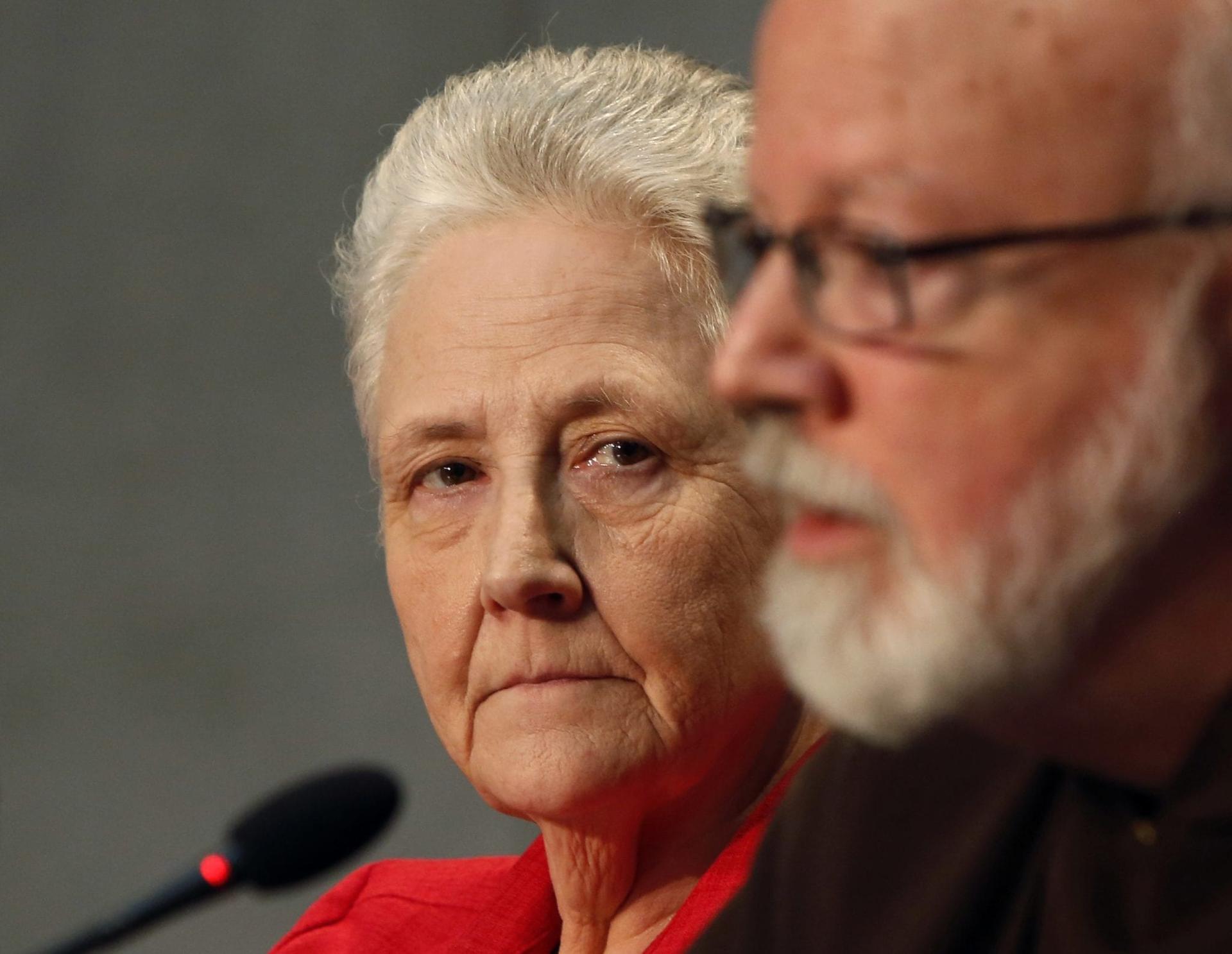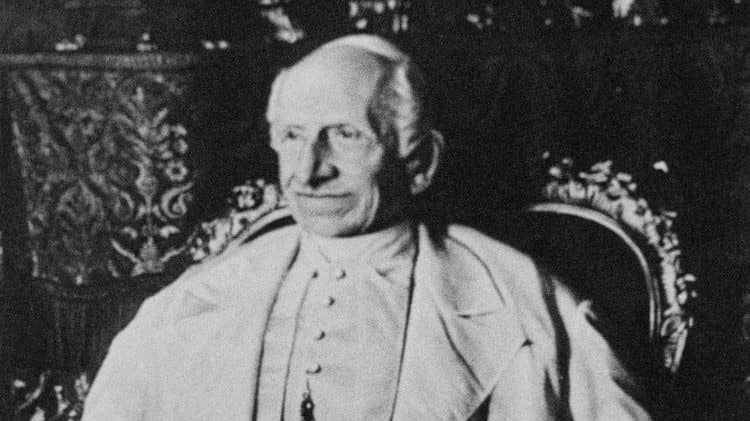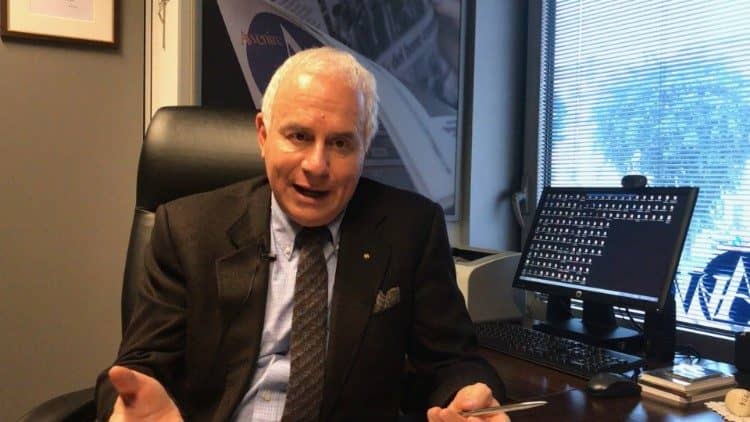It’s an index of how synonymous Cardinal Sean P. O’Malley has become with the Catholic Church’s efforts to recover from its clerical sexual abuse scandals that when Pope Francis on Friday named an organizing committee for a high-stakes Rome summit Feb. 21-24 on the subject and O’Malley wasn’t on the list, the immediate question was: “Why not?”
Instead, Francis tapped arguably his closest ally among the American bishops, Cardinal Blase Cupich of Chicago, as part of a group putting together a Feb. 21-24 meeting for presidents of bishops’ conferences from around the world as well as the Vatican’s senior leadership.
Other members of the planning group are Archbishop Charles Scicluna of Malta, the Vatican’s leading prosecutor on child abuse; Jesuit Father Hans Zollner, a member of the Pontifical Commission for the Protection of Minors headed by O’Malley and director of the Center for Child Protection at Rome’s Gregorian University; and Cardinal Oswald Gracias of Mumbai, India, who serves on Francis’s “C9” council of cardinal advisors.
Naming Scicluna may reassure survivors, since there’s probably no churchman in the world who’s spent more time listening to them and trying to do something about the crisis. The Vatican statement also said the Pontifical Commission for the Protection of Minors, headed by O’Malley, and unnamed victims will be involved.
The choice of an American is natural, given that the Vatican recently asked the U.S. bishops to stand down on the abuse scandals that have gripped the Church since June, when ex-Cardinal Theodore McCarrick was suspended and eventually resigned from the College of Cardinals over abuse allegations, instructing them to wait for February.
Striking to many church-watchers, however, was skipping O’Malley for Cupich, who’s always sided with the reform cause but doesn’t have the reputation of the Boston cardinal as its unquestioned leader.
Does the omission signal a loss of favor with Francis, or a shift in direction in terms of the anti-abuse effort in the Church?
Here’s the case for “no”: By virtue of including the Pontifical Commission for Minors, O’Malley is effectively on board. Plus, given his very close relationships with both Scicluna and Zollner, no one believes he won’t be seriously involved. Further, the February summit was originally a proposal of O’Malley’s pontifical commission, which was endorsed by the “C9” council of cardinals to which he also belongs.
In a statement on Friday, O’Malley confirmed he’ll be on hand in February and said he looks forward to being a “resource.” So far, he and Cupich are the only non-presidents of bishops’ conferences, representatives of Eastern churches and Vatican officials on the guest list, though expert speakers haven’t yet been named.
Still, it’s hard to miss that Francis did not include O’Malley by name. What could it mean?
Theoretically, it could reflect lingering irritation over the way O’Malley distanced himself from Francis in his initial response to the abuse crisis in Chile. It could also be about a dent to O’Malley’s reputation left by revelations that New York priest Father Boniface Ramsey sent him a letter in 2015, in his capacity as president of the Commission for Minors warning O’Malley about allegations against McCarrick, which slipped through the cracks.
O’Malley later apologized, saying he should have seen the letter because it involved charges against a fellow archbishop.
There’s also a policy reading: That the panel signals a shift away from relying on parallel, victim-led responses to the crisis symbolized by O’Malley and Archbishop Diarmuid Martin of Ireland (also not named), towards a more “synodal,” bishops-led approach favored by Francis, and in which Cupich has been among his “go-to” leaders.
“Synodal” means bishops coming together to solve problems, and Francis has demonstrated his enthusiasm for it, most recently with a Synod of Bishops on young people in Rome last October – an assembly which stopped short of reaffirming a “zero tolerance” on abuse, saying it would be inappropriate ahead of the February meeting.
Finally, naming Cupich may also be an indication of which way Francis is trending in terms of how to impose accountability on bishops, since Cupich took lead on a proposal to rely on the Church’s traditional structure of metropolitan bishops rather than creating an independent lay commission once it became clear at the bishops’ November meeting in Baltimore that the latter may be hard to square with Church law.
What’s the bottom line for O’Malley?
In coming weeks, we’ll see what role his commission plays in organizing the event – especially since its staff are the ones on the ground in Rome. Among other things, we’ll learn if the victims named to the planning group are the sort of fearless, outspoken champions of reform preferred by O’Malley and Martin.
Granted, it’s hard not to read being left off the organizing committee, at least by name, as a snub. Yet he’s hardly out of the game, and, depending on what happens, February could turn out to be a crowning moment. O’Malley has been pushing for meaningful accountability not just for the crime but the cover-up of sexual abuse for decades, and now it actually seems within reach.
All of which makes the stakes for that February summit even higher – something one might not have thought possible, given everything that was already riding for the Catholic Church on those three days in Rome.
















